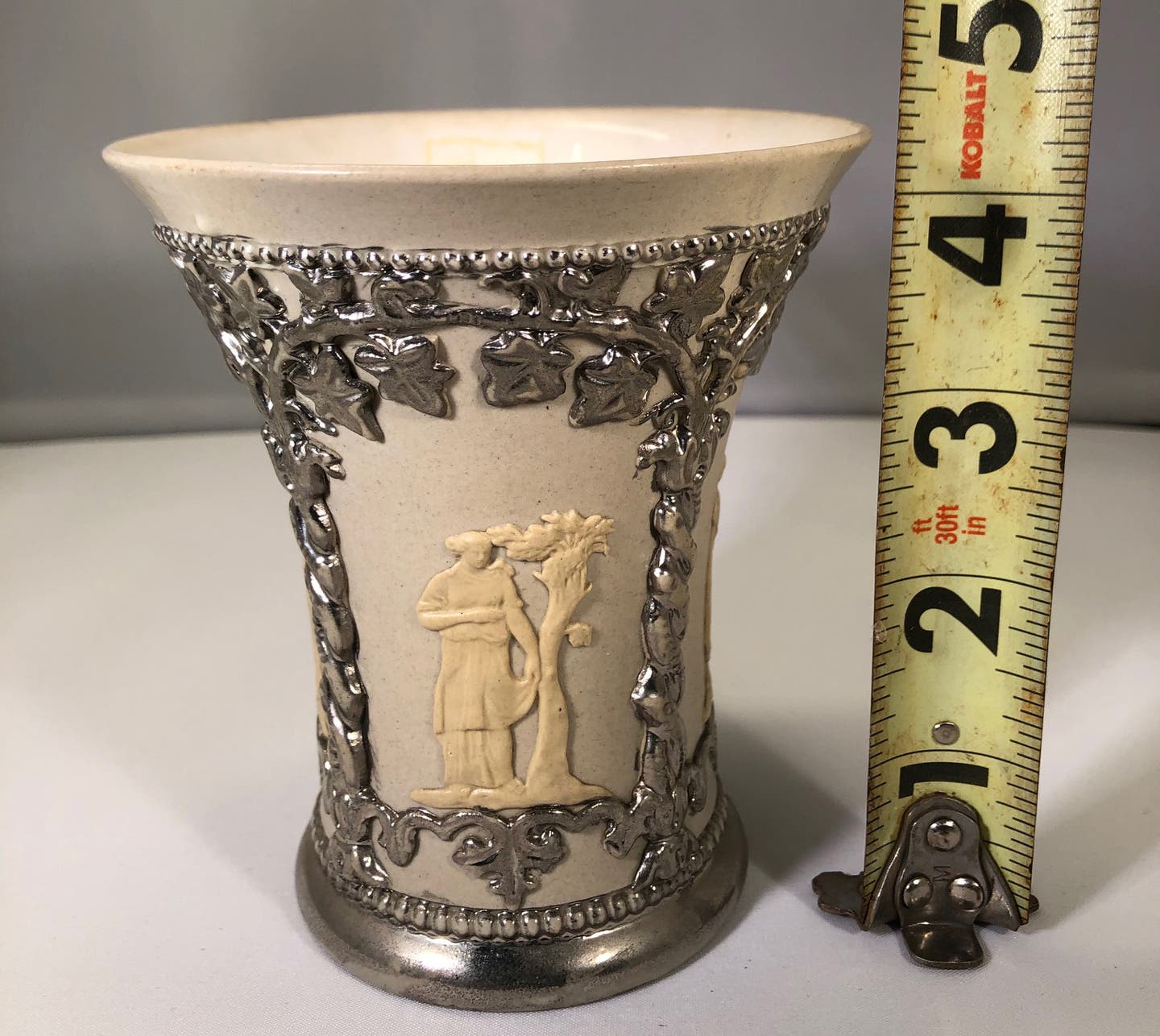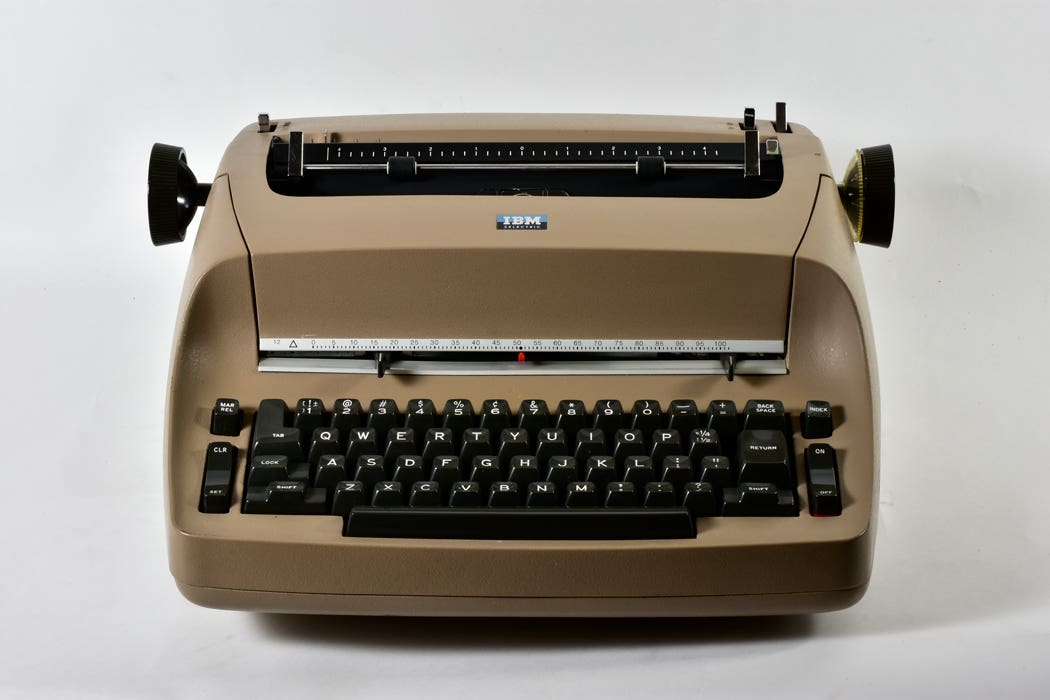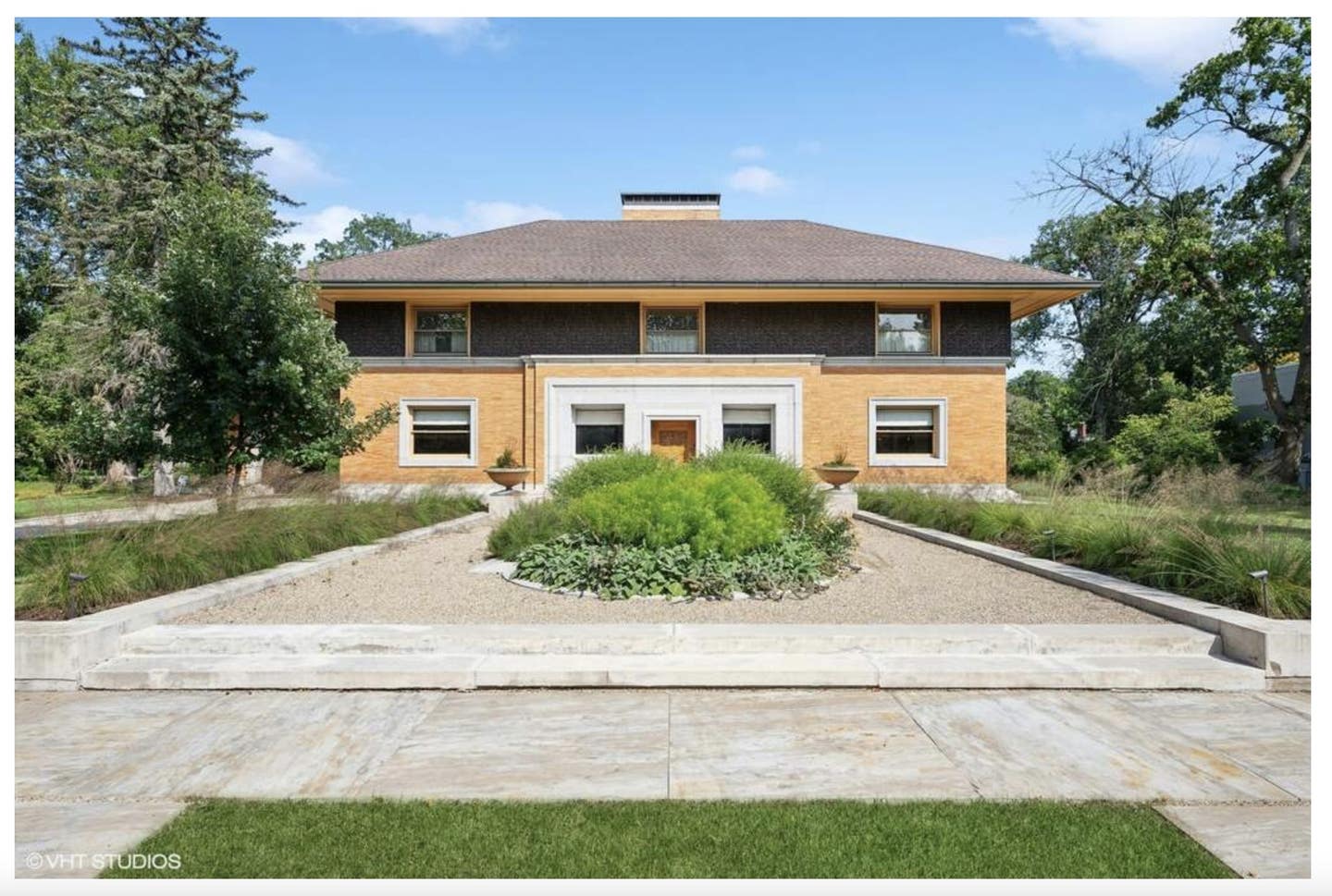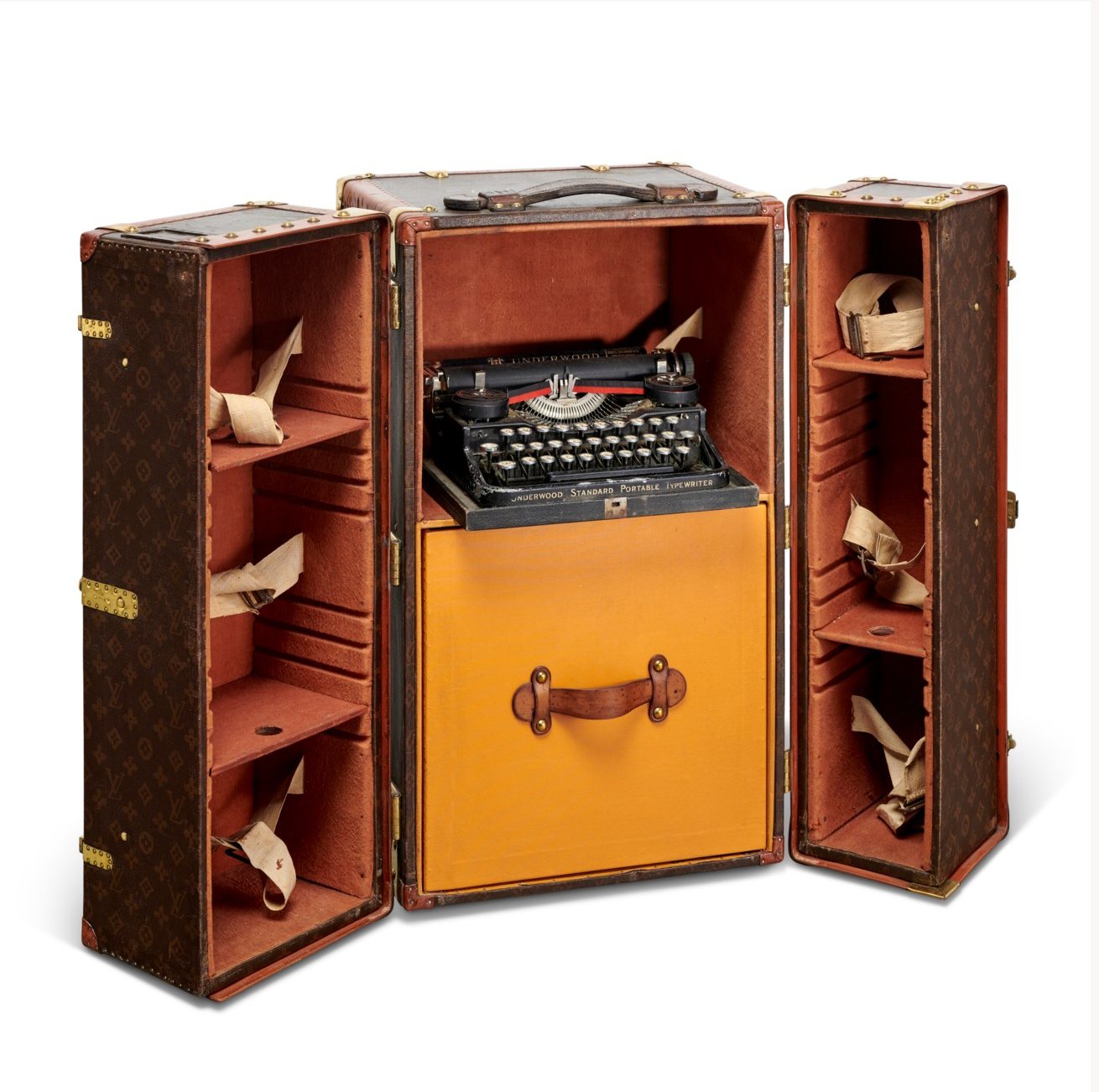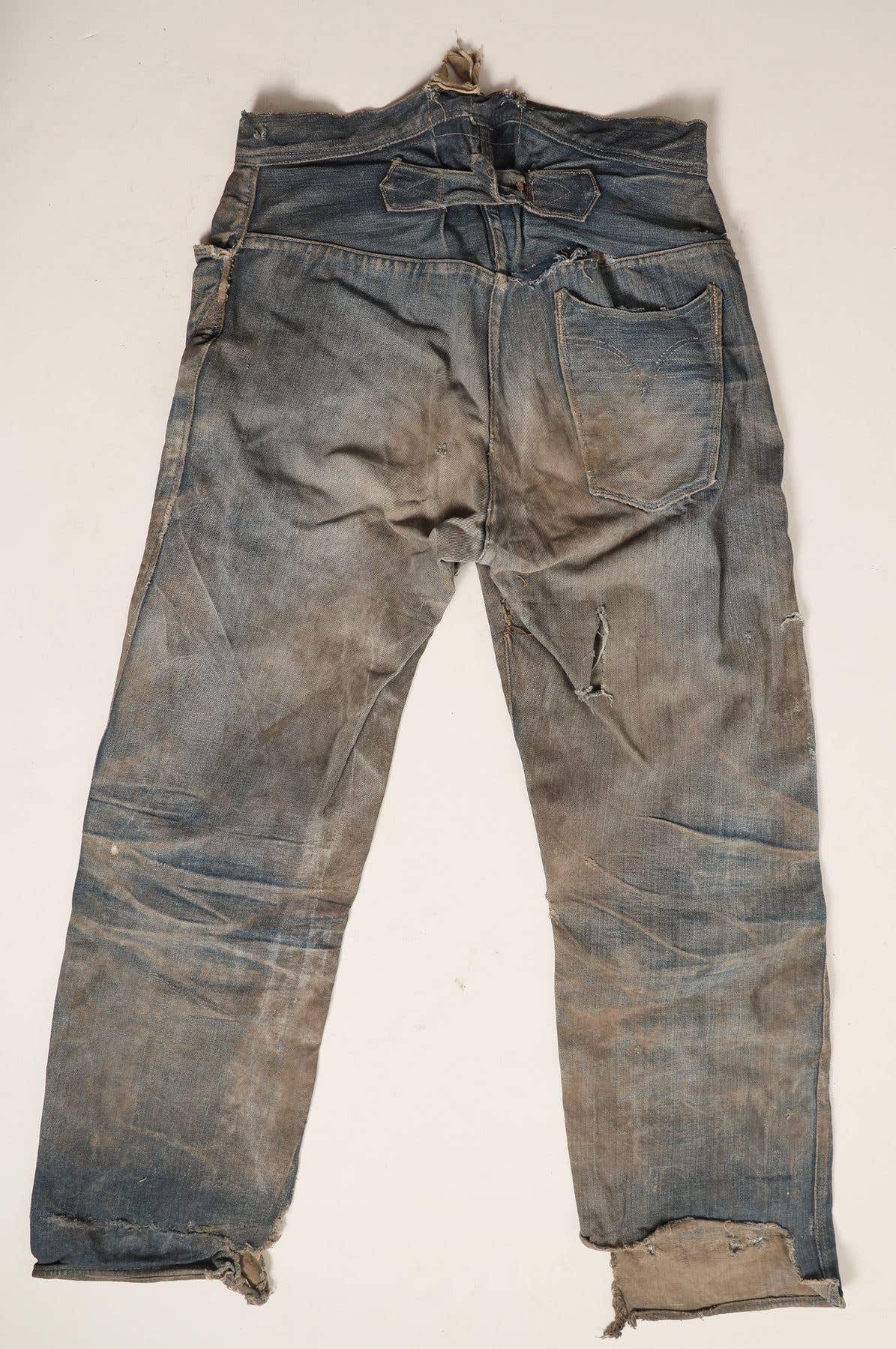Preparing for a career in the antiques trade
Long hours, low pay and high risk. According to the findings of a report in The Princeton Review, only the most resolute of students would take the plunge of pursuing a career in antiques. So, what’s the payoff? Wayne Jordan tackles the topic in his latest column.
By Wayne Jordan
I was delighted to find that The Princeton Review has published a report on the career “antique dealer.” The report is intended as a guide for prospective college students planning a course of study. I’m encouraged that the antiques business was included for students’ consideration. (http://www.princetonreview.com/careers/9/antiques-dealer)
The review pointed out some hard truths about the antiques business. Though their methodology wasn’t covered, it appears that Review reporters gleaned their information by polling antique dealers directly. The responding dealers pulled no punches when describing life in the antiques business.
Overall, the report did an excellent job of discouraging all but the most determined students from ever entering the antiques trade. Any student reading the report who sought to maximize the return on their college investment and lead a comfortable, secure life would decide to stay as far away from the antiques business as possible.
Here’s a quick summary of what the trade has to offer (according to the Review):
• Long hours, low pay
• High risk
• High stress
• Steep learning curve.
The report’s “Quality of Life” section tells a potential dealer what they have to look forward to in their first 10 years in the business:
• At two years: long hours, low pay, high responsibility
• At five years: Most employees have changed jobs at least once. Eight percent return to school to seek a graduate degree
• At 10 years: Employee wages are stagnant and unlikely to rise. About 40 percent of employees will “take the plunge” and open their own shop. 75 percent of new dealerships will not survive beyond 18 months.
Not too encouraging, is it? On the positive side, the report states:
“The profession provides high levels of satisfaction at all levels for those people who are interested in history, business, psychology and aesthetic concerns. The joys of being surrounded daily with items of financial and historical value seem to buoy many people through the long hours, the paucity of compensation and the difficulty of achieving independence from established dealers.”
My guess is that the report was written by someone who has spent their life as an employee; it reeks of self-employment angst. The negatives listed above can be applied to every small business, and the “satisfactions” of being an antique dealer are the very reasons that we enter and stay in the business. Despite the hardships, we do it because we love it. We tolerate the long hours and the “income roller coaster” for the thrill of the hunt and the satisfaction of finding a buyer who will pay our price.
This article originally appeared in Antique Trader magazine
Learn about subscribing to Antique Trader magazine for just $26 a year for a print subscription (delivered about twice a month) or $20 for a one-year digital subscription.
Like musicians and artists, we’re antique dealers because we can’t imagine doing anything else.
Continuing, the Princeton report reads:
‘“It is difficult to describe the life of an antiques dealer ... because it involves so many things. An antiques dealer must know the pieces they sell, the clients they sell to, [and how to] manage their offices [and] their finances.” It is difficult to become and remain an antiques dealer. Few professions require participants to exhibit such a diverse range of skills.”’
If a young person asked you how they could prepare to become an antiques dealer, what advice would you give them? I’ve been thinking about this for the past few weeks. I’m sure you have ideas of your own, and that our readers would benefit from knowing your thoughts. If you’d like to share your musings, drop me or my editors an email. Here are my reflections:
There are no college majors in “antiques.” There are online and home study courses in antiques, but they’re sorely lacking in information on modern collectibles. Today, collectibles drive our business. For an education in collectibles, you’re on your own: Start with any subject you’re interested in and read, watch and study every book, YouTube video and class on the topic. Then go out exploring to see what’s out there. Then move on to the next subject.
This “education” will take you the rest of your life.
For those intent on going to college, I suggest a “General Studies” major. (I can hear the moans and groans about the uselessness of a GS major, but stay with me.) There are 291 U.S. colleges that offer a GS degree.
(http://www.myplan.com/majors/general-studies/colleges-that-offer-this-degree-24.0102.html) Antique dealers need to know about many subjects. Once a school’s general education requirements are met, I suggest a mix of Art History, Business Math, Marketing, Industrial Arts, History and Design or Architecture. Also – and if you don’t do this you’ll regret it later – Bookkeeping and Management Accounting. If one insists on a declared major, Art History is the one I’d choose, with an eye toward a Masters in Conservation (just because I have a fondness for that sort of thing).
In reviewing what’s required these days for a degree (mine was granted back in the Stone Age), I’m reminded of a scene in the Matt Damon movie “Good Will Hunting.” Damon’s character Will is speaking (in his Boston accent) to his psychiatrist about going to college:
“In 50 years you’re gonna staht doin some thinkin on your own and you’re gonna come up with the fact that there are two certainties in life: One, don’t do that. And two, you dropped a hundred and fifty grand on [an] education you coulda got for a dollah fifty in late chahges at the public library.”
College isn’t necessary to be a success in the antiques trade (unless you intend to formally appraise, in which case it’s handy to have a few designations after your name). But there’s no denying that a broad education is mandatory. Where you get it is up to you.
What’s required for success in the antiques business has more to do with personality traits than college degrees. Above all, one needs a reason to get out of bed every morning; goal-setting skills are a must, as is faith that you can accomplish your goals. Perseverance and a positive attitude keep a dealer going when sales are down. Reputation is everything in the art and antiques trades: customers must trust what you tell them if you are to stay in business. Respect for other people and honesty are paramount.
The right combination of knowledge and character provide a foundation for success in the antiques trade, with or without a college degree.
Longtime columnist, writer, and author, Wayne Jordan is an antiques and collectibles expert, retired antique furniture and piano restorer, musician, shop owner, auctioneer, and appraiser. His passions are traveling and storytelling. He blogs at antiquestourism.com and brandbackstory.com.



